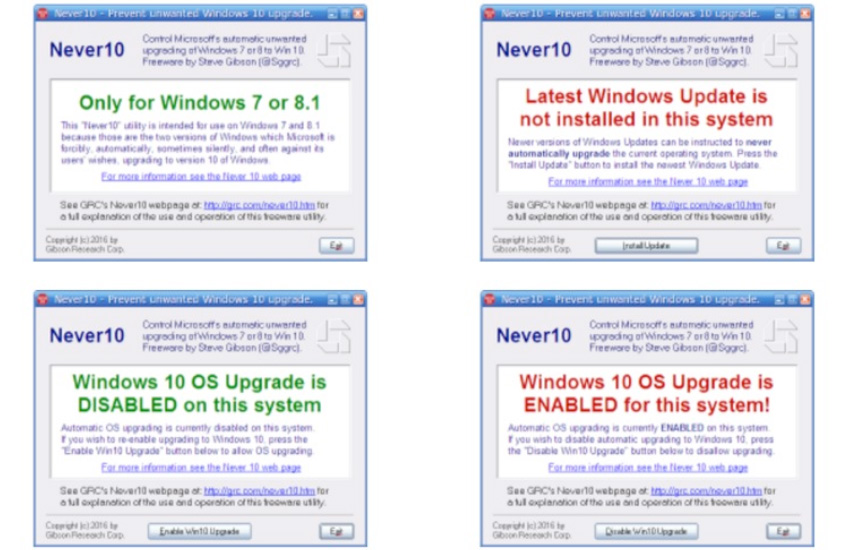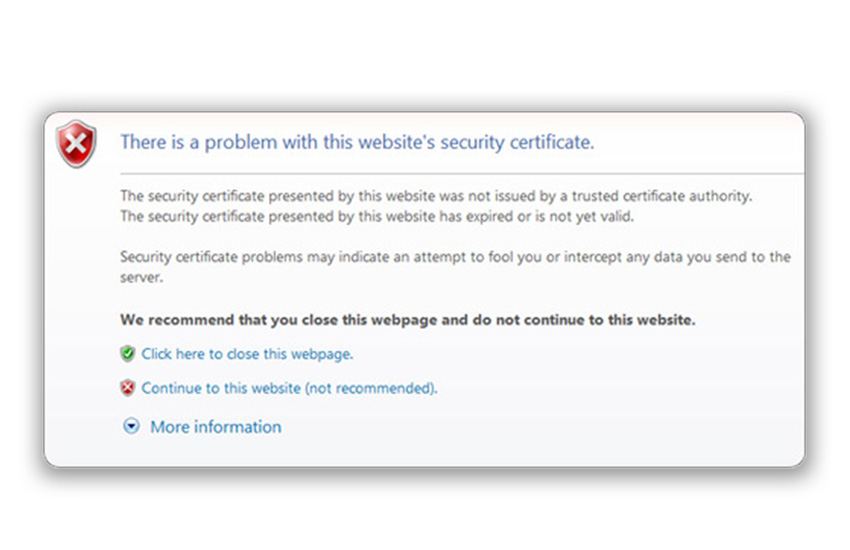With hackers finding ever more sneaky ways of getting at your data, whether to sell it on or hold you to ransom, we can’t stress how important it is to keep your anti-virus up to date and be vigilant about suspicious emails.
NHS Trusts have been the latest targets, with at least 28 being targeted over the last 12 months, though they are by no means alone. There has been a 400% increase in ransomware crime.
Hackers will expose security flaws to infect systems with a virus either through an email or by a direct link, which allows the virus to encrypt and lock down any data it can reach. The only way to save the data is by paying a ransom with Bitcoins, or rolling back to the latest backup.
This is why it is so important to have:
- A proper backup system in place: whether it’s as simple as a rotating system of daily backups to an external drive which is taken off the premises each evening or a monthly subscription to an offsite backup system; your data needs to be protected.
- An up to date anti-virus licence: this is the first form of defence and cannot be underestimated. However, hackers are continuously searching for new ways to override protection so it cannot be the only form of defence.
- Vigilant staff: your colleagues should all be wary of suspicious emails; opening from unknown sources; or, as seen in a recent phishing scam they can even appear to be from a colleague asking you to transfer money.
If you are concerned about any of these factors – whether you want a security check or staff training to ensure vigilance, please contact the team here at DLIT.



